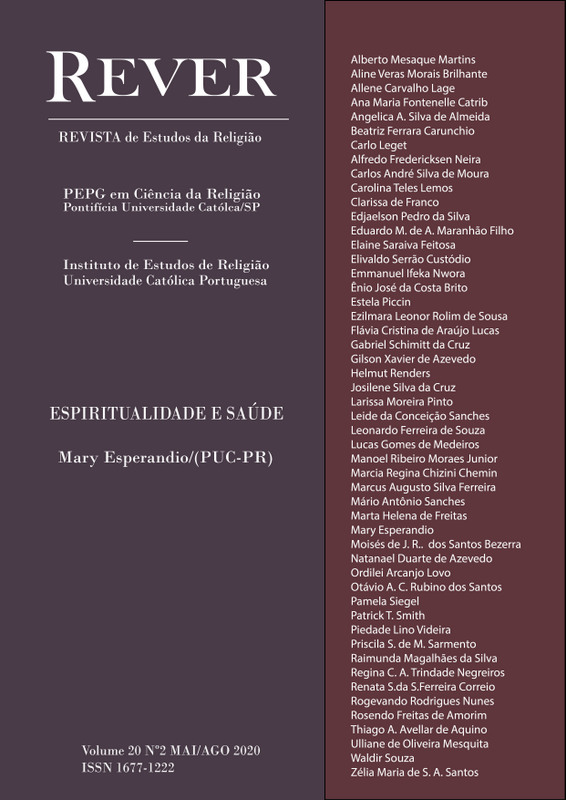Thinking ethically about pandemics: a matter of public health and social ethics
DOI:
https://doi.org/10.23925/1677-1222.2020vol20i2a8Palavras-chave:
Social ethics. Pandemic ethics, Health disparities, Racism, Poverty, Social justiceResumo
This essay argues that any ethical approach to mitigating the negative effects of pandemics must give detailed and sustained attention to those who are on the margins of society. This means tackling widespread racism and concentrated poverty in our body politics. The challenges resulting from pandemics are not merely ones of public health but are simultaneously matters of social ethics. The aim of this essay is to highlight important values from religious social ethics for responding ethically to pandemics. In this work, I do not undertake the task of formulating and prescribing national policies that egalitarian democratic societies should adopt in pandemic situations. Instead, the paper focuses on how religious social ethics can help reimagine social life and communal practices by focusing on the margins to mitigate some of the negative effects caused by public health disasters.
Downloads
Publicado
Como Citar
Edição
Seção
Licença
Autores que publicam nesta revista concordam com os seguintes termos:
- Autores mantém os direitos autorais e concedem à revista o direito de primeira publicação, com o trabalho simultaneamente licenciado sob a Licença Attribution-NonCommercial 4.0 International, que permite o compartilhamento do trabalho com reconhecimento da autoria e publicação inicial nesta revista.
- Autores têm autorização para assumir contratos adicionais separadamente, para distribuição não exclusiva da versão do trabalho publicada nesta revista (ex.: publicar em repositório institucional ou como capítulo de livro), com reconhecimento de autoria e publicação inicial nesta revista.


